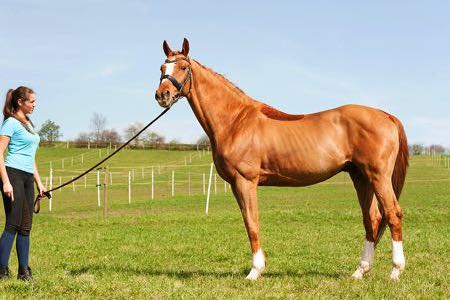 If you’ve ever sat and watched a horse race, you might have found yourself wondering how much it would cost to buy a horse of your own. To most people, it seem as if it is an entirely prohibitive experience and, in truth, it probably is. Even if you could afford to buy one, the cost of having the horse trained to be able to take part in races is another expense altogether, meaning that only the richest would even consider entering into the world of race horse ownership. You could get involved thanks to a syndicate, but that’s another matter.
If you’ve ever sat and watched a horse race, you might have found yourself wondering how much it would cost to buy a horse of your own. To most people, it seem as if it is an entirely prohibitive experience and, in truth, it probably is. Even if you could afford to buy one, the cost of having the horse trained to be able to take part in races is another expense altogether, meaning that only the richest would even consider entering into the world of race horse ownership. You could get involved thanks to a syndicate, but that’s another matter.
Even if you were able to get the money together to buy a racehorse and then pay for it to be trained, you might want to think about whether your money would be better spent elsewhere. After all, people that enter the world of horse racing in order to win money from their investment regularly end up disappointed. The majority of owners make money thanks to studding fees rather than prize money, so it is definitely not something for those that can ill afford it. The question is, how much are we talking to buy and train a race horse?
How Much Horses Cost to Buy
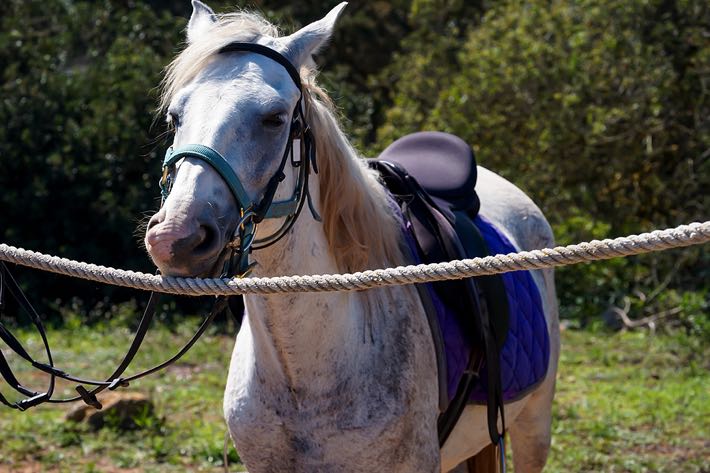
It goes without saying that the exact price that you’ll pay to buy a horse will differ according to a number of factors. On average, horses sold at auction cost 25,617 guineas, which is about £26,897. Of course, not all horses are sold in such a manner and it is definitely cheaper to buy a horse if you’re wanting to get one that hasn’t been in training or the like. The average price of buying a horse is about £4,000. The popularity and availability of the breed that you’re after will be two of the biggest influences in the price of a horse, so that is something that needs to be borne in mind.
Irish Sport Horses
If you wanted to buy an Irish sport horse, for example, then you’ll be looking at spending at least £2,500, with some going up into the £30,000 plus mark. Cobs, meanwhile, will set you back as little as £500, depending on the condition that they’re in. Another thing that you’ll need to think about is where you’re buying the horse from. Getting one from a welfare charity, such as the Royal Society for the Prevention of Cruelty to Animals, will charge you a nominal fee of something like £50, for example.
Animal Welfare Charity
The problem with buying a horse from a welfare charity like the RSPCA is that they’re likely to have had a difficult life up to the moment that they were rescued, meaning that you’ll be looking at horses that may have been poorly treated or malnourished. The former might make them hard to handle, whilst the latter will mean that they won’t be particularly strong, which is necessary for the running and jumping that are part of horse racing. The flip side is that it will be significantly cheaper than buying from a trainer who has worked with the horse first.
Where to Buy Horses From
We have already mentioned going down the route of contacting a welfare charity, such as the RSPCA, in order to buy a horse. Whilst that is a noble route to take, the truth is that most people that are interested in buying a horse that will go on to compete in races and major events are unlikely to adopt it. Instead, people are more likely to head to auction houses in order to buy their horses, though we’re not talking about the types that you’d see on Bargain Hunt. With competition horses costing in the region of £20,000, you’ll want to find a reputable auction house.
Auctions
The problem with buying at an auction is that there will be any number of other buyers looking to get in there ahead of you. Not only that, but there is a very good chance that they will know more about horses than you do, to say nothing of the buying process. If you’re looking to buy a horse for the first time then the best thing that you can do is to seek the advice and help of an expert that can guide you through the process. This will include inspecting the horse to make sure that it is what it says it is in terms of pedigree and so on.
Word of Mouth
The reality of the horse racing industry is such that it is a close-knit community. As a result, a lot of horses are sold thanks to ‘word of mouth’ conversations between people. If you’ve got an in at a training yard then you can ask them to keep their ear to the ground and they might let you know if a decent horse becomes available. You will also want to keep your eye out when reading equestrian magazines or visiting websites, seeing as they will often have information that they will publish about horses going up for sale.
National Equine Welfare Council
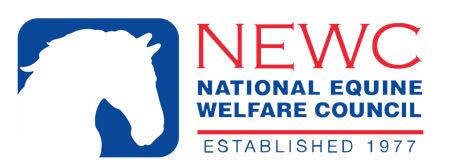 The National Equine Welfare Council has information about rehoming centres, but the chances of you getting a racehorse from such a location are slim. Instead, you might want to get in touch with a dealer to find out whether they have a line on any horses up for sale. Again, if you don’t know much about this then you’ll want to make sure that the dealer that you speak to is a reputable one, given that there are a wealth of disreputable ones operating in the industry and keen to take your money if you’re not barely.
The National Equine Welfare Council has information about rehoming centres, but the chances of you getting a racehorse from such a location are slim. Instead, you might want to get in touch with a dealer to find out whether they have a line on any horses up for sale. Again, if you don’t know much about this then you’ll want to make sure that the dealer that you speak to is a reputable one, given that there are a wealth of disreputable ones operating in the industry and keen to take your money if you’re not barely.
One of the most important things when buying a racehorse is that you get to see it in its home environment. Ideally, you’d want to be able to ride the horse before spending a large sum of money on it, but that sort of things isn’t always possible. Certainly those buying horses at auction are doing so without any of those things taking place, which is why it is that you need to be very careful about getting involved in that world without some guidance from people that know far more about such things than beginners will.
Claiming & Selling Races
One way of being in a position to buy a horse having seen it in action is to go to a Selling Race or a Claiming Race. The two types of races pit the horses against one another in a competitive environment, but the difference is that they’re available to buy at the end. In a Selling Race, the winner is auctioned on the racecourse, whilst in the Claiming Race all of the horses can be bought for a value that has been set by the trainer when the horse was initially entered into the race. These types of races both present opportunities.
It is a rule of entering a selling race that the winning horse will be put up for auction afterwards. There will be a minimum price of £3,200 put on the horse, which can be increased at the discretion of the course. Sometimes, horses can be claimed in Selling Races if the trainer has given a price ahead of the event. Since 2018, the British Horseracing Authority has had a cap in place on the commission in Selling Races of 10%, in a bid to encourage owners to put their horses in such an event. Previously, the course could set the commission.
Training Costs
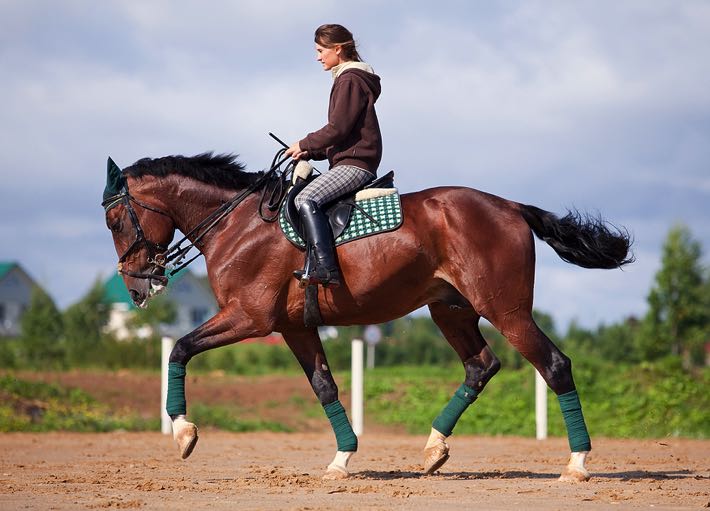
In most cases, the price of buying a horse is actually the lowest amount of money that an owner will spend over their time with the horse. The ongoing costs of owning a horse can cost more than £15,000 per year, with training being one of the most expensive outlays that owners will have. As with so many other aspects of being a racehorse owner, there are certain things that will influence the amount that you will need to spent on training. The better the reputation of the trainer, the more it is likely to cost.
The Better the Trainer, The More It Costs
If you want to get your horse trained by Willie Mullins, for example, then the fee that you’ll have to pay will far exceed the price of a local trainer that hasn’t won a big-name race before. That goes without saying, but it is the sort of thing that you need to think about before getting involved in the world of racehorses. Some trainers will allow you to pay a monthly amount, others will charge a daily rate depending on the work that they’ve done with the horse.
What Is the Cost of Entering Races?
Though studding a horse is the best way for an owner to make any money from them, to be able to charge large sums you will first need to have seen them win some races. This, of course, comes at a price and most races don’t offer enough money to allow all but the winners to cover the costs of taking part in the event. Given that you need to pay for virtually everything that you do in the world of horse racing, it isn’t a shock that there are fees attached to entries for horse races, yet how much it costs will differ from event to event.
Fees to Enter
The good news is that you’re not just paying money towards some organisation that is already incredibly rich. Instead, entry fees help to contribute towards the overall prize money available, as well as to the administration of the organisation of an event. When it comes to the BHA, the administrative cost for entering a horse into a race is £23 if you do it online and £32.92 if you do it via the phone. The administration fee for entering a horse into a race in a foreign county is £82.50, though it is worth bearing in mind that none of these prices include VAT.
Jockey Fees
As an owner, you need to pay the jockey that is riding the horse for you. They will get a cut of any winnings, but in addition to that a flat racing jockey is paid £127.90 per ride, whilst jump racing jockeys get £174.63. A fee of £1.25 goes towards retired racehorses, with another £1.20 heading to the Horserace Betting Levy Board. This means that you’re already paying a fair amount of money before you’ve even found out about the fee that needs to be paid to enter the actual race that your horse is taking part in.
Percentage of Overall Prize Fund
It is common for race entry fees to be a percentage of the overall prize fund on offer. The British Horse Racing Board outlines these percentages, which stops any racecourses from upping the cost of entering a race that they hold. The exact percentage will be dictated by the quality of the race, so you can expect to pay more for a Group 1 race than a Listed one, for example. It is common for the percentage amount to start at about 0.25% and rise to around 1.5%, so a race with a £1 million prize pot will see an entry fee of about £15,000.
One interesting aspect of some races is that there are loopholes that can be found. It is not uncommon for owners to pay a significantly reduced cost to enter their horse into the Derby, for example, as long as they are a yearling that hasn’t yet taken part in a race. In most cases, the horse never turns out to be of sufficient quality to take part in the Derby, but it is seen as being a low-risk approach from most owners and trainers to but them into the race, given how much it would cost to do so after their quality has been proven.
Syndicates
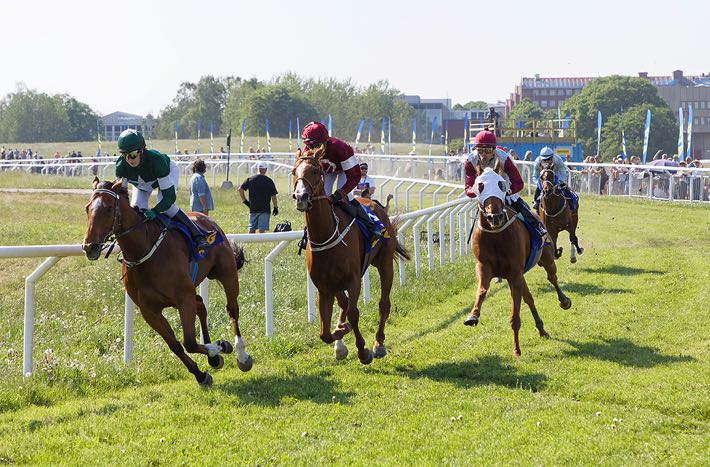
The reality is that owning a racehorse is such an expensive hobby that most people couldn’t even dream of getting involved. That is why considering the option of being part of a syndicate is something that many will do at one point or another. Shared ownership allows you many of the benefits of being an owner but with a significantly reduced cost. Part-owners of a horse will be given many of the same rights on race days as sheikhs and millionaires, including access to the parade ring, the owners’ bar and other exclusive areas.
Syndicates tend to offer limited shares in horses, meaning that it can still feel like an experience that only a few get to enjoy. You will usually pay a fixed fee, which can be as low as £25 per month. In exchange for your relatively modest investment, you will get the joys of being a racehorse owner without having to worry about the hassles, which are mostly taken care of by someone else. It isn’t for everyone, but those that love horse racing will want to at least investigate the possibility of syndicate ownership.